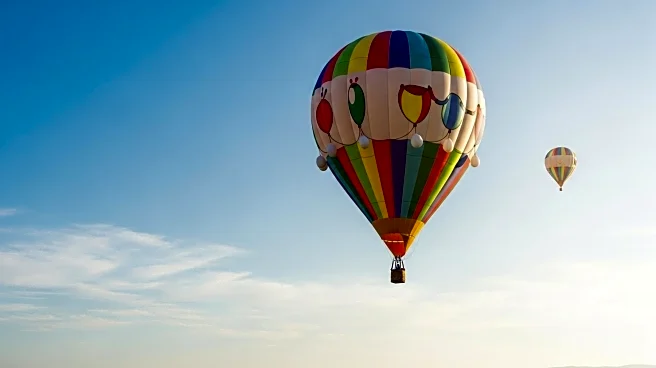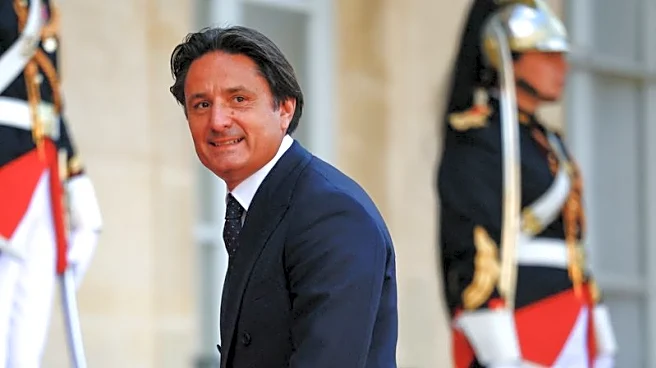What's Happening?
The Walt Disney Company has announced a significant increase in ticket prices for its U.S.-based theme parks, Disneyland in Anaheim and Disney World in Orlando. The price hikes, effective immediately, include a rise in the cost of top-tier tickets, with Disneyland's Tier 6 one-day pass increasing by $18 to $224 per adult. This represents a 126% increase over the past decade. Similarly, the five-day Park Hopper ticket has climbed $39 to $655, marking a 108% rise in ten years. Annual passes have also seen substantial increases, with Disneyland's Inspire Key rising by $150 to $1,899. Disney officials attribute these hikes to rising labor costs and ongoing park expansions, noting that cast member wages have more than doubled since 2015. Despite these increases, the lowest one-day ticket remains unchanged at $104 for adults and $98 for children, now applicable to 38 days in 2025, up from 15 days last year.
Why It's Important?
The price increases at Disney theme parks are significant as they reflect broader economic trends impacting consumer spending and corporate operations. Rising labor costs and park expansions are cited as primary reasons for the hikes, indicating a shift in operational priorities and financial strategies within Disney. These changes could affect the affordability of Disney vacations for many families, potentially reducing visitor numbers and impacting local economies reliant on tourism. The hikes also highlight the challenges faced by entertainment companies in balancing profitability with customer satisfaction, as evidenced by social media backlash from long-time parkgoers. The theme parks division remains a major profit center for Disney, underscoring its importance in the company's overall financial health.
What's Next?
Disney is introducing a new California Resident Park Hopper deal, offering three days for $249, valid from January 1 through May 21, 2026. This move may be aimed at mitigating the impact of price hikes by providing more affordable options for local visitors. Additionally, Disney's focus on expanding park facilities and increasing labor wages suggests ongoing investments in enhancing visitor experiences. Stakeholders, including local businesses and tourism sectors, will likely monitor these developments closely, as they could influence regional economic dynamics. The company's strategic decisions in the theme parks division may also affect its leadership succession plans, with Josh D'Amaro, chairman of Disney Experiences, being a potential candidate to succeed CEO Bob Iger.
Beyond the Headlines
The price hikes at Disney theme parks may have deeper implications for the entertainment industry, particularly in terms of consumer expectations and corporate responsibility. As Disney navigates rising operational costs, it faces the challenge of maintaining its brand image as a family-friendly destination while ensuring financial sustainability. The backlash from parkgoers highlights the delicate balance between pricing strategies and customer loyalty, which could influence future business models in the sector. Additionally, the focus on labor costs and park expansions reflects broader economic shifts, including the impact of inflation and changing workforce dynamics, which may shape the industry's trajectory in the coming years.











